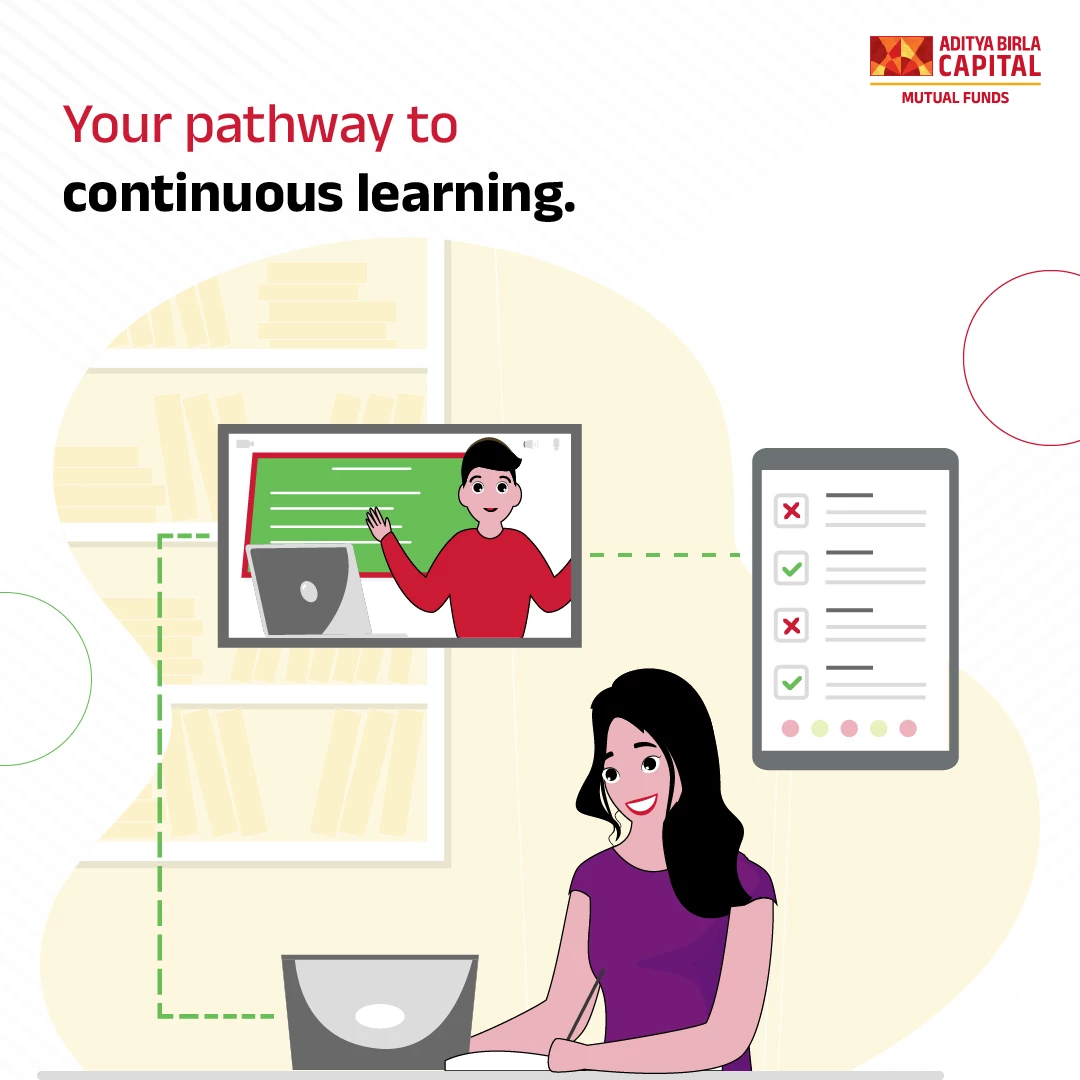Foraying into the world of entrepreneurship is the ultimate millennial dream. The start-up bug bites many but not all are fortunate enough to kiss gold in the entrepreneurship journey. The mainstream media and pop culture have depicted the start-up life in glorified tones with entrepreneurship being the passport to a life of glamour and influence. However, reality in the start-up landscape isn’t as rosy - a report published by IBM Institute for Business Value and Oxford Economics in 2018 found that 90 percent Indian startups fail within the first five years.
For new and budding entrepreneurs, financial management can be a deciding factor for the fate of their businesses. While the apparatus of your business’s performance should be separate, your personal finances also need to be healthy to ensure they do not have trickle-down effects on your business. If you are planning to join the step into the world of entrepreneurship soon or have recently started your own venture, you need to have solid strategies for your finances if you haven’t done that already.
Family first
The saying goes that the road to the top is lonely but when a venture fails, there is a high chance that your loved ones may have to face the heat too. Once you choose self-employment, it is important to ensure that your family, should be on board with your plans. This is because they would be accustomed to a particular lifestyle and as income increases spending patterns change and frivolous purchases become necessary spendings. This is why it is important to have separate investments for your family members who are dependent on you and their life goals. Do not forget to add insurance to the mix as this can provide protection in difficult circumstances or if your venture fails. This is even more important for first-generation entrepreneurs.
New entrepreneurs also bungle up the line between their own finances and that of the business. Your venture is your baby but pledging personal assets, providing personal guarantees, using personal capital for the business can be recipes for disasters. It can create room for bias and prejudices and also affect your credibility as a business and as a responsible member of the family.
Being cautious with debt
Popular narratives on entrepreneurship seldom highlight that when you start a business, you will be responsible for the livelihoods of other people. Efficient financial planning plays an important role here as depending on your enterprise’s funding and the utilization of capital, your business will be placed accordingly to tackle the early uncertainties. And this is why, it is crucial to eliminate high debt liabilities before you make the switch. If you are struggling to pay off debts, chances are you may end up mismanaging your business finances too to clear them off.
Self-care is important
Entrepreneur should focus on building financial security as this can provide a buffer from potential problems in their businesses. Once the business generates revenue, you should pay yourself a portion of proceeds. You should start drawing a salary once you have a plan in place to pay your bills and employees as paying yourself will give you clarity about your company’s profitability. It will also make it easier to compartmentalise your finances and those of your venture.
Allocating assets and contingency fund
Building a solid contingency fund is the most essential step of preparedness before taking the plunge. Those quitting their day job need to gauge whether they have enough capital
to take care of their living expenses for next 6 months to 3+ years, depending on the kind of venture they are planning. Some ventures may generate higher incomes than their day job early on while for others it may take a few years years before their income stream from the venture is comparable with that of their earnings from the job.
A mix of equity and debt allocations through mutual funds can be used for creating sizable reservoirs. Expenses which are likely to happen within the next 3 years will have to put in debt funds. Remaining can be allocated to equity as long as the investor is comfortable with the risks. As unpleasant as it may sound, your entrepreneurial venture has a very high chance of failing. Diversifying your portfolio and parking funds in the right funds that align with your risk-taking abilities can ensure that your personal goals do not take a drastic hit should your business tanks.
An Investor education and Awareness initiative of Aditya Birla Sun Life Mutual Fund
All investors have to go through a one-time KYC (Know Your Customer) process. Investors to invest only with SEBI registered Mutual Funds. For further information on KYC, list of SEBI registered Mutual Funds and redressal of complaints including details about SEBI SCORES portal, visit link : https://mutualfund.adityabirlacapital.com/Investor-Education/education/kyc-and-redressal for further details.
Mutual Fund investments are subject to market risks, read all scheme related documents carefully
म्यूचुअल फंड निवेश बाज़ार जोखिम के अधीन हैं, योजना संबंधी सभी दस्तावेज़ों को सावधानी से पढ़ें।





 1800-270-7000
1800-270-7000





















